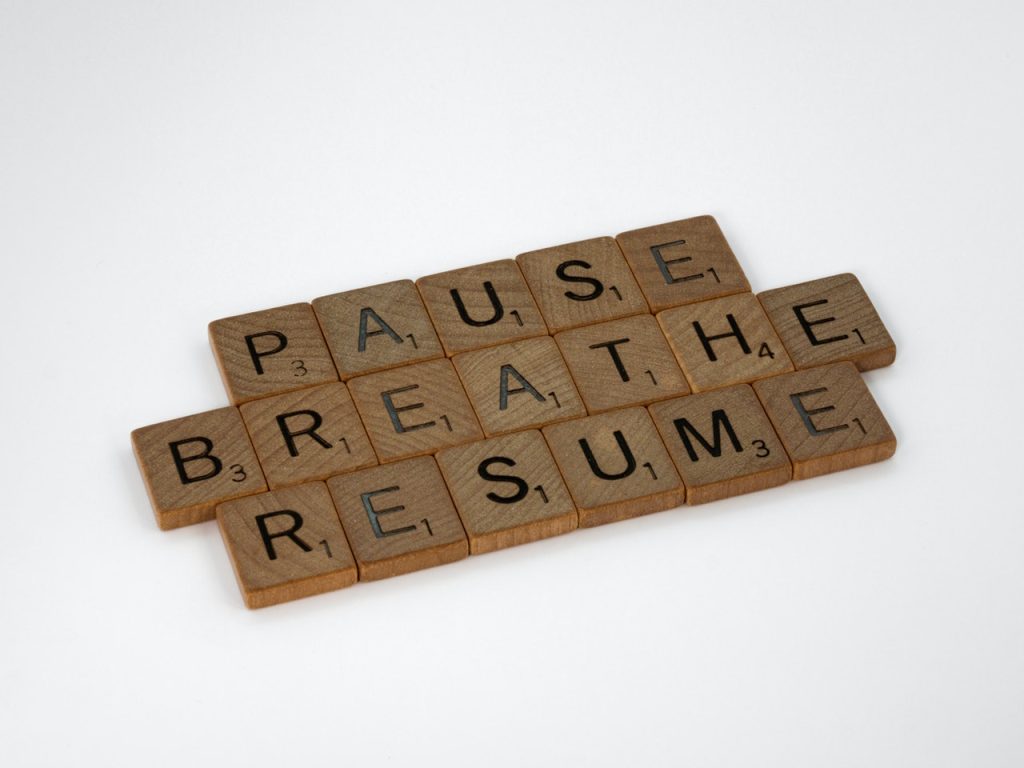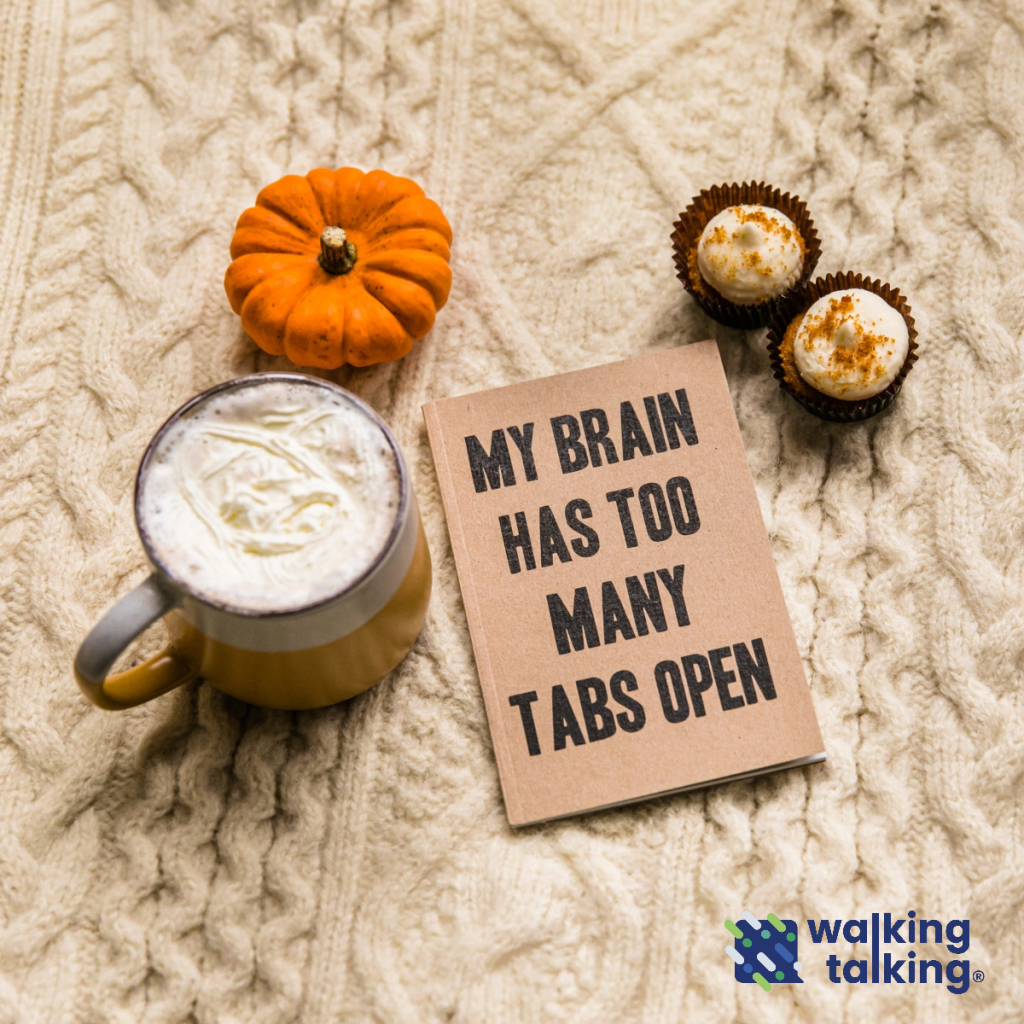It can feel difficult to create new habits
We’ve all done it at some point, promised ourselves or others, to create a new habit. But we’ve all, probably at some point, failed to create that new habit we promised and said it was too hard and let it go. But it’s not impossible to create a new habit or change an old one, you just have to know how.
There are 3 tools
Let’s take an example. Say you want to get into the habit of reading more books. Then there are 3 things you need for your habit to actually become a habit and not a one-off.
1, you need motivation.
Just wanting to read more can be a good enough motivation, but for some of us it can be good to think about why. For example, do you want to become more generally educated by reading facts, relax by reading nice novels or read for a while instead of idly surfing? By finding out exactly what your motivation is, it will be easier for you to create the habit of reading more.
2, you need to have the ability.
In this case, it is being able to read a text or to listen to books, or a combination of both. Depending on your ability and what suits you.
3, you need a prompt, or reminder.
Here are several things you can do, depending on what your motivation is. The first thing you need is the book you are going to read, preferably lying in a place where you won’t miss it. It could also be that you block a moment in your calendar every day where you do not schedule other things, that is your reading time. And if your motivation is not to surf the web, put your phone somewhere else when it’s time to read. That way, you won’t be tempted to look at it, but can concentrate on your reading.
The tools works
The best thing about these 3 tools is that they can be applied to most things you want to do, both at work and at home. Tip is to do something that you actually want to do and to think about creating a habit in small steps. Maybe you shouldn’t read a whole book a day, start with a chapter and don’t forget to remind yourself that you’ve done well when you’re done. Celebrating when we achieve a goal helps us succeed.
Source: Stanford University Behavior Design Lab



